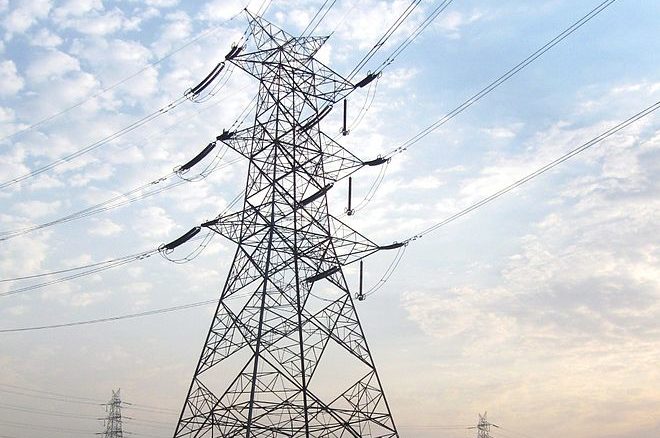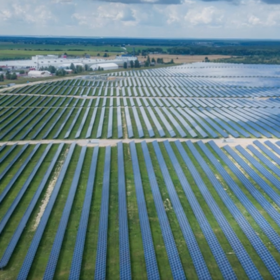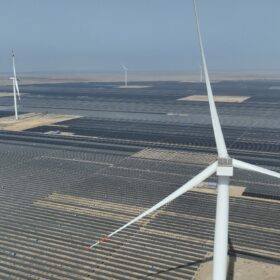The Delhi Electricity Regulatory Commission (DERC) has granted regulatory approval to India’s first commercial standalone battery energy storage system (BESS) project. The project is being implemented by BSES Rajdhani Power Ltd (BRPL) in partnership with IndiGrid and the Global Energy Alliance for People and Planet’s (GEAPP). It is supported by GEAPP’s concessional loan amounting to 70% of the total project cost.
The approved project, a 20 MW/40 MWh BESS, will be strategically installed at BRPL’s 33/11 kV Kilokari substation and is on track to achieve commissioning within a record time of 18 – 20 months from conceptualization, purportedly the fastest for a BESS project.
Located at a high demand sub-station, the project will improve the power quality and enable 24/7 reliable power in the area for over 12,000 low-income consumers.
In collaboration with its alliance partners, GEAPP is targeting 1 GW of BESS commitments in India by 2026, aligning with India’s ambitious goal of deploying 47 GW of BESS by 2032.
“The regulatory approval of the BRPL BESS project marks a significant milestone in our efforts to integrate renewable energy sources into the grid and enhance reliability for our consumers,” said a BSES spokesperson.
India’s urgent need for BESS integration in the distribution grid is underscored by the country’s substantial variable renewable energy (VRE) penetration, which exceeds 12% in certain regions.
The BRPL BESS project is the first commercial standalone BESS project at the distribution level in India to receive regulatory approval for a capacity tariff and will play a pivotal role in facilitating the uptake of low-cost VRE by the New Delhi Utility (BRPL).
The project sets a new standard for BESS affordability in India with a levelized annual tariff of INR 57.6 lakh per MW, nearly 55% lower than the previous benchmark (INR 130 lakh/MW/year).
“The BRPL BESS project boasts a comprehensive Monitoring, Evaluation, and Learning (MEL) plan aimed at sharing key insights and learnings with other Indian DISCOMs, state regulators, and power sector stakeholders in India and across Asia, Africa, Latin America and the Caribbean. This knowledge-sharing initiative underscores GEAPP’s commitment to driving innovation and scalability in the energy sector in India and emerging markets worldwide,” stated GEAPP.
GEAPP’s role in the project extends beyond financing. “Through technical and commercial expertise, GEAPP collaborated closely with BRPL to demonstrate the value of BESS at the DISCOM level. The concessional loan provided by GEAPP ensures an end tariff that is attractive to regulators, paving the way for future BESS projects in the country,” stated GEAPP.
BRPL will pay the project special-purpose vehicle (SPV), Kilokari BESS, a fixed-capacity tariff (in INR/MW/month terms), on availability basis irrespective of the actual consumption. The SPV is owned by IndiGrid and Ampere-hour Energy.
“This project’s business model demonstrates the viability of third-party-owned BESS solutions supported by concessional financing. This model, combined with rigorous monitoring and knowledge-sharing mechanisms, provides a blueprint for sustainable energy deployment worldwide that can be shared with interested countries, developers, and other partners through the BESS Consortium,” stated GEAPP.
GEAPP is an alliance of philanthropy, governments in emerging and developed economies, and technology, policy, and financing partners. It aims to enable low- and middle-income countries’ shift to a clean energy, pro-growth model that accelerates universal energy access and inclusive economic growth, while supporting the global community to meet critical climate goals during the next decade. As an alliance, it aims to reduce 4 gigatons of future carbon emissions, expand clean energy access to one billion people, and enable 150 million new jobs. With philanthropic partners, IKEA Foundation, The Rockefeller Foundation, and Bezos Earth Fund, GEAPP works to build the enabling environment, capacity, and market conditions for private sector solutions, catalyze new business models through innovation and entrepreneurship, and deploy high-risk capital to encourage private sector solutions, and assist just transition solutions.
This content is protected by copyright and may not be reused. If you want to cooperate with us and would like to reuse some of our content, please contact: editors@pv-magazine.com.









2 comments
By submitting this form you agree to pv magazine using your data for the purposes of publishing your comment.
Your personal data will only be disclosed or otherwise transmitted to third parties for the purposes of spam filtering or if this is necessary for technical maintenance of the website. Any other transfer to third parties will not take place unless this is justified on the basis of applicable data protection regulations or if pv magazine is legally obliged to do so.
You may revoke this consent at any time with effect for the future, in which case your personal data will be deleted immediately. Otherwise, your data will be deleted if pv magazine has processed your request or the purpose of data storage is fulfilled.
Further information on data privacy can be found in our Data Protection Policy.